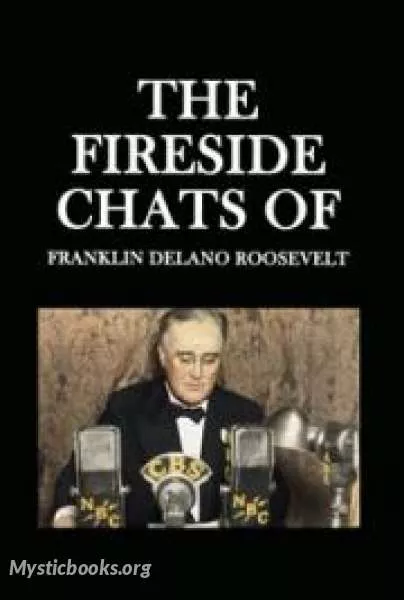
The Fireside Chats
'The Fireside Chats' Summary
It cannot misrepresent or misquote. It is far-reaching and simultaneous in releasing messages given for transmission to the nation or for international consumption.
— Stephen Early, Roosevelt's press secretary, on the value of radio
Roosevelt believed that his administration's success depended upon a favorable dialogue with the electorate — possible only through methods of mass communication — and that this would allow him to take the initiative. The use of radio for direct appeals was perhaps the most important of Roosevelt's innovations in political communication. Roosevelt's opponents had control of most newspapers in the 1930s and press reports were under their control and involved their editorial commentary. Historian Betty Houchin Winfield says, "He and his advisers worried that newspapers' biases would affect the news columns and rightly so." Historian Douglas B. Craig says that Roosevelt "offered voters a chance to receive information unadulterated by newspaper proprietors' bias" through the new medium of radio.
Roosevelt first used what would become known as fireside chats in 1929 as Governor of New York. Roosevelt was a Democrat facing a conservative Republican legislature, so during each legislative session he would occasionally address the residents of New York directly. His third gubernatorial address—April 3, 1929, on WGY radio—is cited by Roosevelt biographer Frank Freidel as being the first fireside chat.
In these speeches, Roosevelt appealed to radio listeners for help getting his agenda passed. Letters poured in after each of these addresses, which helped pressure legislators to pass measures Roosevelt had proposed.
As president, Roosevelt began making the informal addresses on March 12, 1933, eight days after his inauguration. He had spent his first week coping with a month-long epidemic of bank closings that was hurting families nationwide. He closed the entire American banking system on March 6. On March 9 Congress passed the Emergency Banking Act, which Roosevelt used to effectively create federal deposit insurance when the banks reopened. At 10 p.m. ET that Sunday night, on the eve of the end of the bank holiday, Roosevelt spoke to a radio audience of more than 60 million people, to tell them in clear language "what has been done in the last few days, why it was done, and what the next steps are going to be".
The result, according to economic historian William L. Silber, was a "remarkable turnaround in the public's confidence...The contemporary press confirms that the public recognized the implicit guarantee and, as a result, believed that the reopened banks would be safe, as the President explained in his first Fireside Chat." Within two weeks people returned more than half of the cash they had been hoarding, and the first stock-trading day after the bank holiday marked the largest-ever one-day percentage price increase.
The term "fireside chat" was inspired by a statement by Roosevelt's press secretary, Stephen Early, who said that the president liked to think of the audience as a few people seated around his fireside. Listeners were able to picture Roosevelt in his study, in front of the fireplace, and could imagine they were sitting beside him. The term was coined by CBS broadcast executive Harry C. Butcher of the network's Washington, D.C., office, in a press release before the address of May 7, 1933. The phrase has often been credited to CBS journalist Robert Trout, but he said he was simply the first to use the phrase on the air. The title was picked up by the press and public and later used by Roosevelt himself, becoming part of American folklore.
Book Details
Language
EnglishOriginal Language
EnglishPublished In
1933Authors
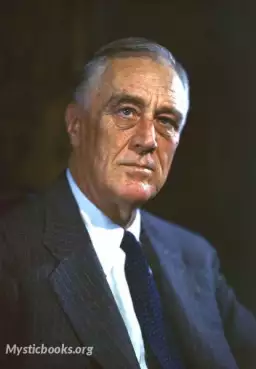
Franklin D. Roosevelt
United States
Franklin Delano Roosevelt, often referred to by his initials FDR, was an American lawyer and politician who served as the 32nd president of the United States from 1933 until his death i...
Books by Franklin D. RooseveltDownload eBooks
Listen/Download Audiobook
- Select Speed
Related books
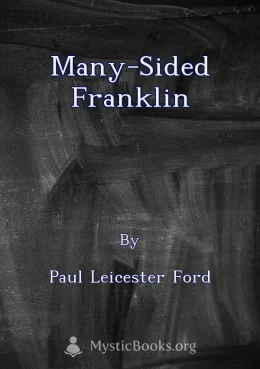
Many-Sided Franklin by Paul Leicester Ford
'Many-Sided Franklin' delves into the multifaceted life of Benjamin Franklin beyond the traditional biographical narrative. Through Franklin's persona...
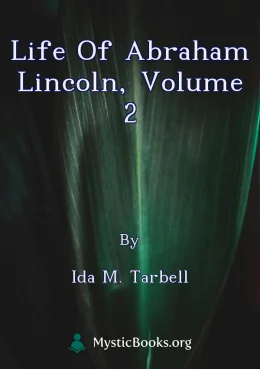
Life of Abraham Lincoln, Volume 2 by Ida M. Tarbell
This volume focuses on Abraham Lincoln's presidency, covering his first inauguration through his assassination. It details key events of the Civil War...
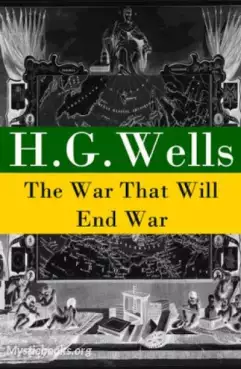
The War That Will End War by H. G. Wells
.About the First World War, and the author's conclusions. Whether or not you agree with these articles/essays, H G Wells does make many valid points a...
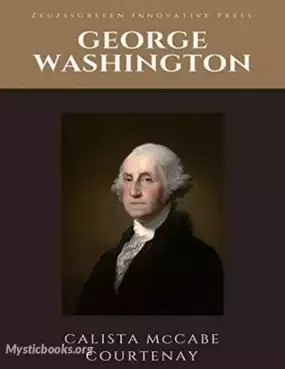
George Washington by Calista Courtenay
In this biography for young people, Calista McCabe Courtenay takes the reader from George Washington the surveyor to his early military career, first...
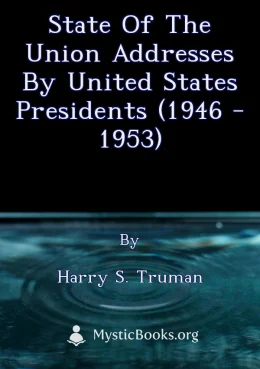
State of the Union Addresses by United States Presidents (1946 - 1953) by Harry S. Truman
This album contains recordings of State of the Union addresses delivered by President Harry S. Truman from 1946 to 1953. These speeches provide a valu...
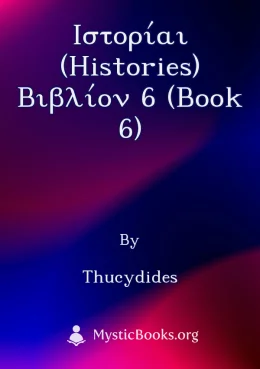
Ιστορίαι (Histories) Βιβλίον 6 (Book 6) by Thucydides
Thucydides' Histories is a seminal work of historical scholarship and a cornerstone of Western literature. Written in the 5th century B.C., it chronic...
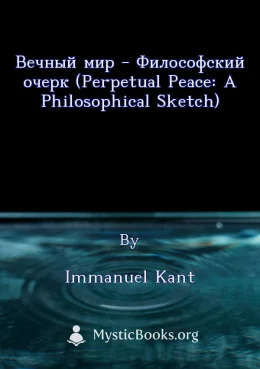
Вечный мир - Философский очерк (Perpetual Peace: A Philosophical Sketch) by Immanuel Kant
Immanuel Kant's *Perpetual Peace: A Philosophical Sketch* is a seminal work in political philosophy, outlining his vision for a world free from war....
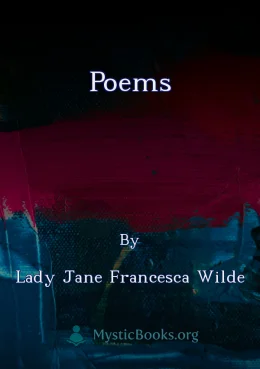
Poems by Lady Jane Francesca Wilde
This collection of poems by Jane Wilde, known by her pen name Speranza, offers a glimpse into the life and mind of a passionate Irish nationalist and...
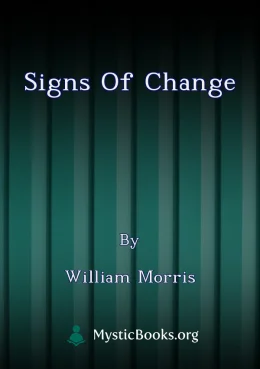
Signs of Change by William Morris
Signs of Change is a collection of talks and writings by William Morris, a famous artist and poet associated with the Arts and Crafts movement. In the...
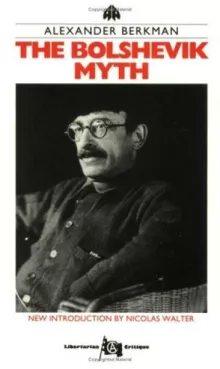
The Bolshevik Myth by Alexander Berkman
It explores the Russian Revolution and the rise of the Bolshevik Party in the early 20th century. Originally published in 1925, this book offers a fi...
Reviews for The Fireside Chats
No reviews posted or approved, yet...